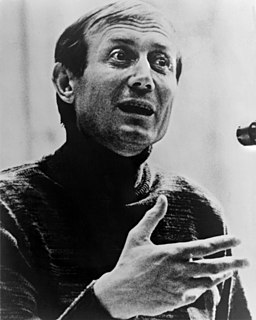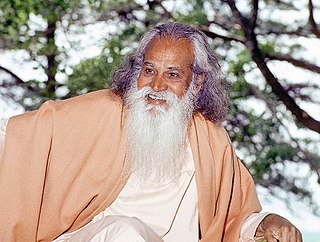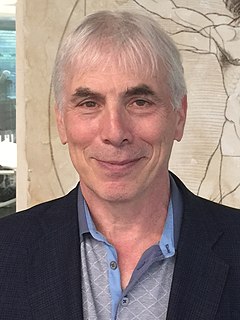A Quote by Yevgeny Yevtushenko
Only when the sense of the pain of others begins does man begin
Related Quotes
Unless a man has pity he is not truly a man. If a man has not wept at the worlds pain he is only half a man, and there will always be pain in the world, knowing this does not mean that a man shall dispair. A good man will seek to take pain out of things. A foolish man will not even notice it, except in himself, and the poor unfortunate evil man will drive pain deeper into things and spread it about wherever he goes.
Most of America's leading entrepreneurs are bound to the masts of their fortunes. They are allowed to keep their wealth only as long as they invest it in others. In a real sense, they can keep only what they give away. It has been given to others in the form of investments. It is embodied in a vast web of enterprises that retains its worth only through constant work and sacrifice. Capitalism is a system that begins not with taking but with giving to others.
Romance should never begin with sentiment. It should begin with science and end with a settlement. Nothing spoils romance so much as a sense of humor in the woman. When one is in love one always begins by deceiving oneself, and one always ends by deceiving others. This is what the world calls a romance.
Can anyone be a father without beginning to be one? Yes, one who did not begin his existence. What begins to exist begins to be a father - God the Father did not begin at all. He is Father in the true sense, because He is not a son as well. Just as the Son is son in the true sense, because He is not a father as well. In our case, the word 'father' cannot be truly appropriate, because we must be fathers and sons.
I think there is, not in the sense that I enjoy it, but that it's an important question. It's the question, "Does the presence of pain mean God doesn't care? Does God not love me anymore?" I think that's a very common connection we tend to make. I see that a lot in my own life and in the lives of others.






































